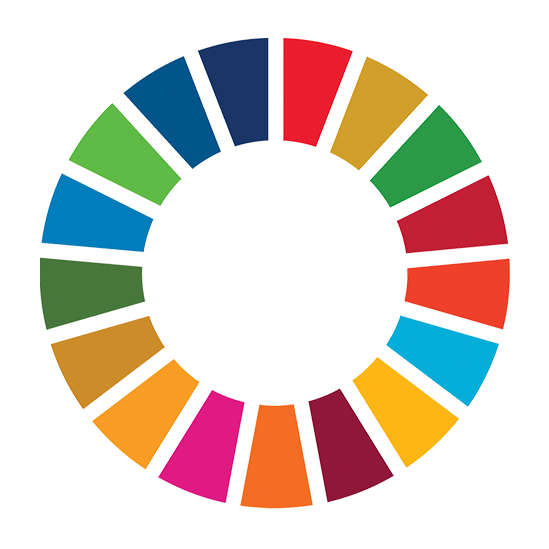Governance and Multilateral Agreements
The frameworks that govern global economic activity and international environmental governance touch every aspect of our lives – from our internet data privacy, to how countries share knowledge about food, to our ability to buy affordable, safe products in line with social and environmental norms.
While the number of multilateral agreements and governance frameworks abound, they vary on multiple levels. They cover different topics, from monetary policy to international trade, chemicals management to climate change. They have different memberships that do not fully overlap, and each have their own types of obligations. They also have varying legal implications, with some taking a “soft law” approach without enforcement mechanisms, while others take a “hard law” approach with the prospect of sanctions for non-compliance.
At IISD, our work on governance and multilateral agreements involves working with countries, regional and international institutions, academics, and civil society representatives to better understand these systems and their implications for sustainable, inclusive development. We consider issues such as policy coherence and conflict; governance gaps and overlaps; transparency and accountability; and the implications of these frameworks for national and regional policy space. We advise governments, hold expert meetings, participate in international forums, document and analyze negotiations, and conduct in-depth research into trends, reform options, and best practices.
Blog

Climate Negotiations Glossary
Concise definitions of key terms and acronyms used in UNFCCC climate change negotiations and beyond.

Produced Capital in Ethiopia, Indonesia, and Trinidad and Tobago
Part of comprehensive wealth, produced capital is the value of the stock of all human-made assets used to produce goods and services in the economy.

Human Capital in Ethiopia, Indonesia, and Trinidad and Tobago
Human capital is the major component of comprehensive wealth in most countries, and how it is managed is key to long-term prosperity.

Natural Capital in Ethiopia, Indonesia, and Trinidad and Tobago
Natural resources play fundamental roles in our well-being and lives, as well as sustaining a country's comprehensive wealth.

Financial Capital in Ethiopia, Indonesia, and Trinidad and Tobago
Like other assets of the comprehensive wealth portfolio, financial capital can be used to support a country's long-term prosperity.

What to Expect at Plastics INC-4
What to expect in Ottawa as plastic pollution treaty talks get underway, explained by the team leader of the global neutral reporting service Earth Negotiations Bulletin.
Related content

What Does an Inclusive Global Stocktake Look Like for Civil Society?
The inaugural Global Stocktake will conclude at COP 28 in 2023. With the process well underway, the current and upcoming phases of the Global Stocktake must be open and inclusive in order to succeed.

The State of Global Environmental Governance 2022
Our reporting team explores global environmental diplomacy wins and misses as in-person talks resumed in full force in 2022.

The Global Biodiversity Framework's "30x30" Target: Catchy slogan or effective conservation goal?
In the lead-up to COP 15, we take a closer look at one of the key targets included under the proposed Global Biodiversity Framework.
Latest
You might also be interested in

Public Procurement
Government purchasing power should be leveraged towards buying the most sustainable goods, services, and works.

Investment Law & Policy
How can we ensure developing economies attract international investment that promotes sustainable development?

Trade
IISD’s work shapes trade policy so it advances sustainable, low-carbon development.

Governance and Multilateral Agreements
The frameworks that govern economies and our ecosystems touch every aspect of our lives—and have implications for sustainable, inclusive development.







